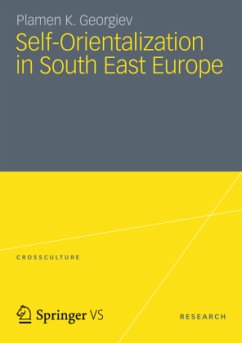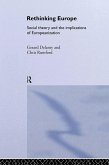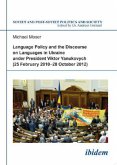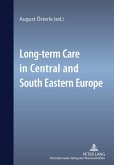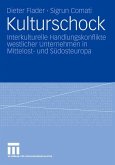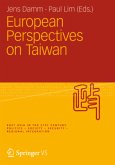The collapse of communist systems in South East Europe resulted in a landscape to be newly arranged. Diverse forces compete to capture the popular energies released by the embrace of old and new identities. Deficits of modernization in a post communist nexus have deepened cultural asymmetries and challenge EU integration in new ways. Drives to rule of the "strong hand", feod-like patron-client relations, "self-orientalization" as result of dilettante "social engineering" and unrealistic cultural politics increase the entropy of transition. Plamen K. Georgiev discusses the most controversial issues of a possible accession of Turkey into EU and its impact on a number of collective identities as Bulgaria, Macedonia, Romania, Croatia, vulnerable to Islamic fundamentalism, but also new breeds of nationalisms. This comparative study prompts apt ideas for EU coordinated national politics, fostering its cultural homogeneity and integrity in a global world of rising risks and new responsibilities.

